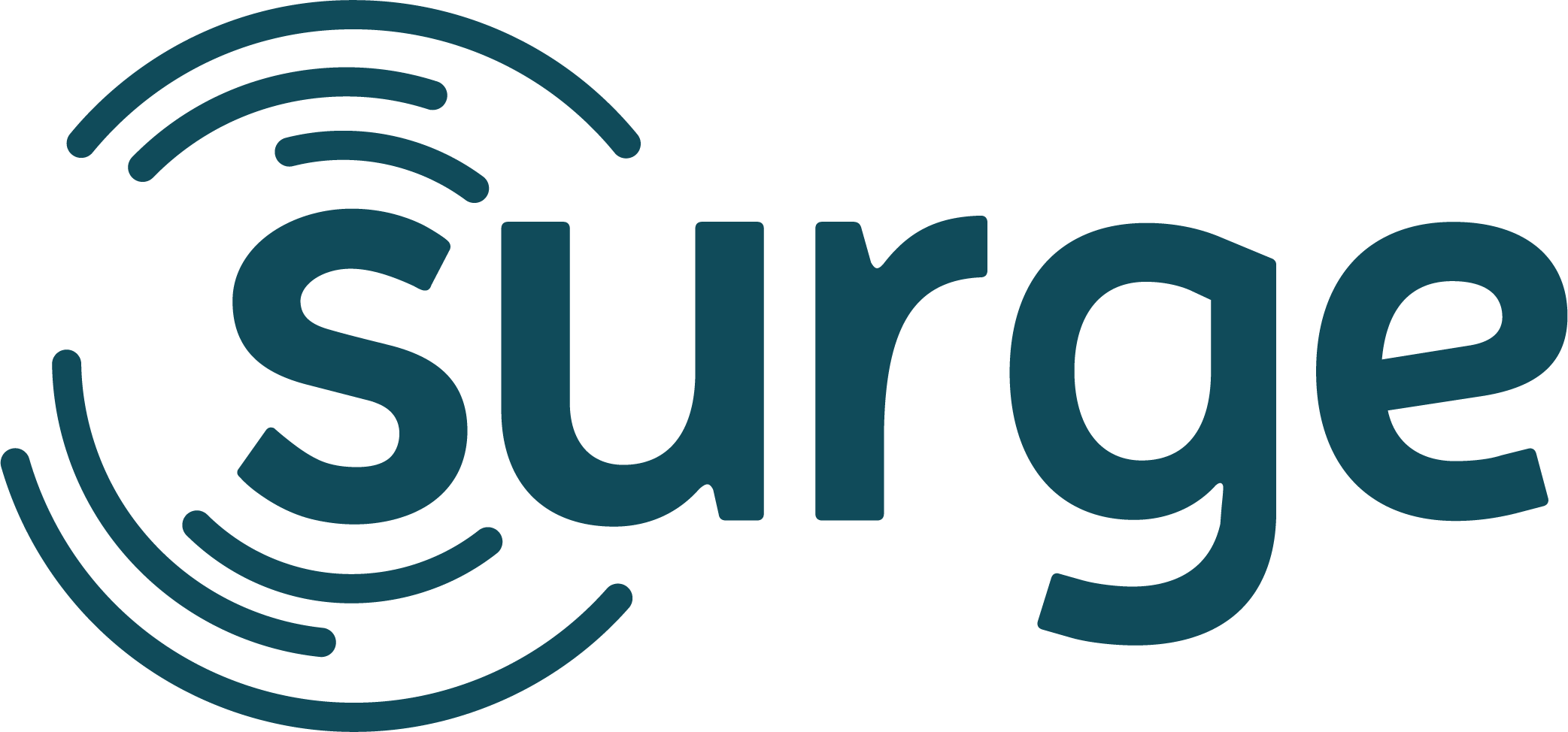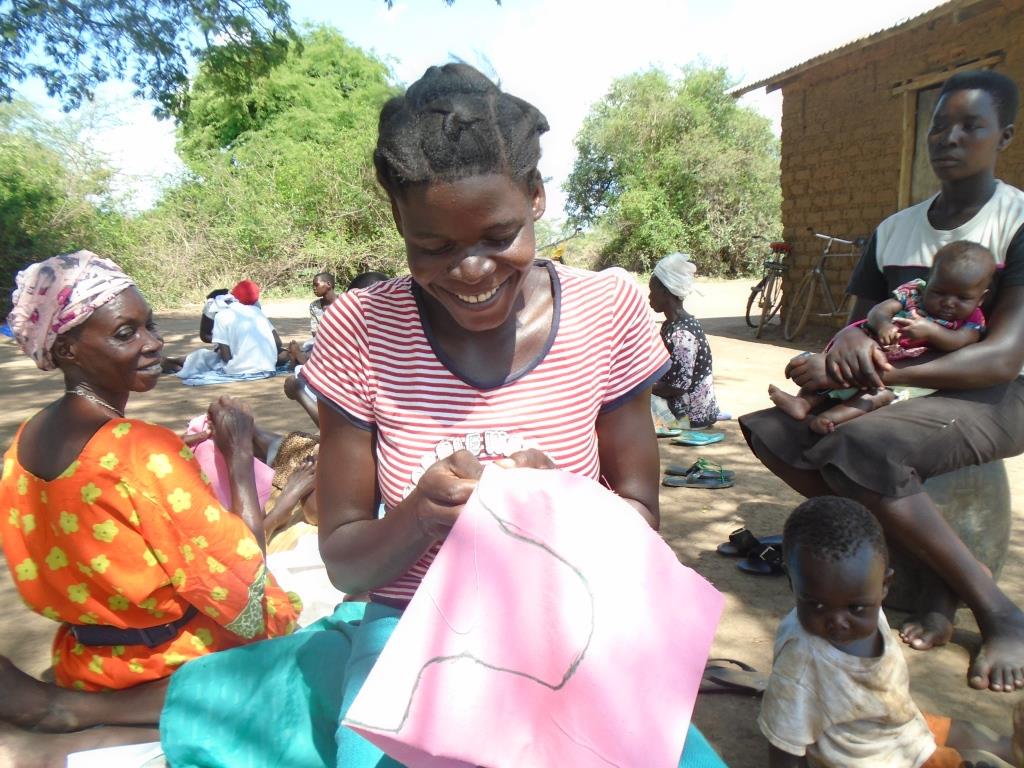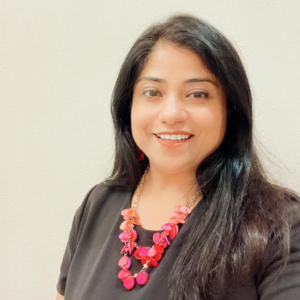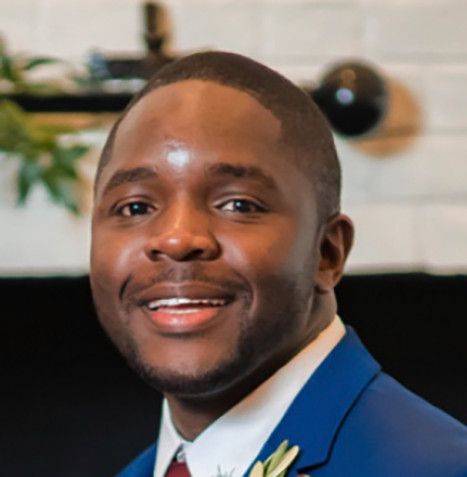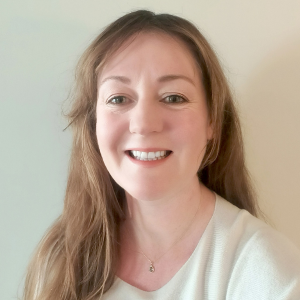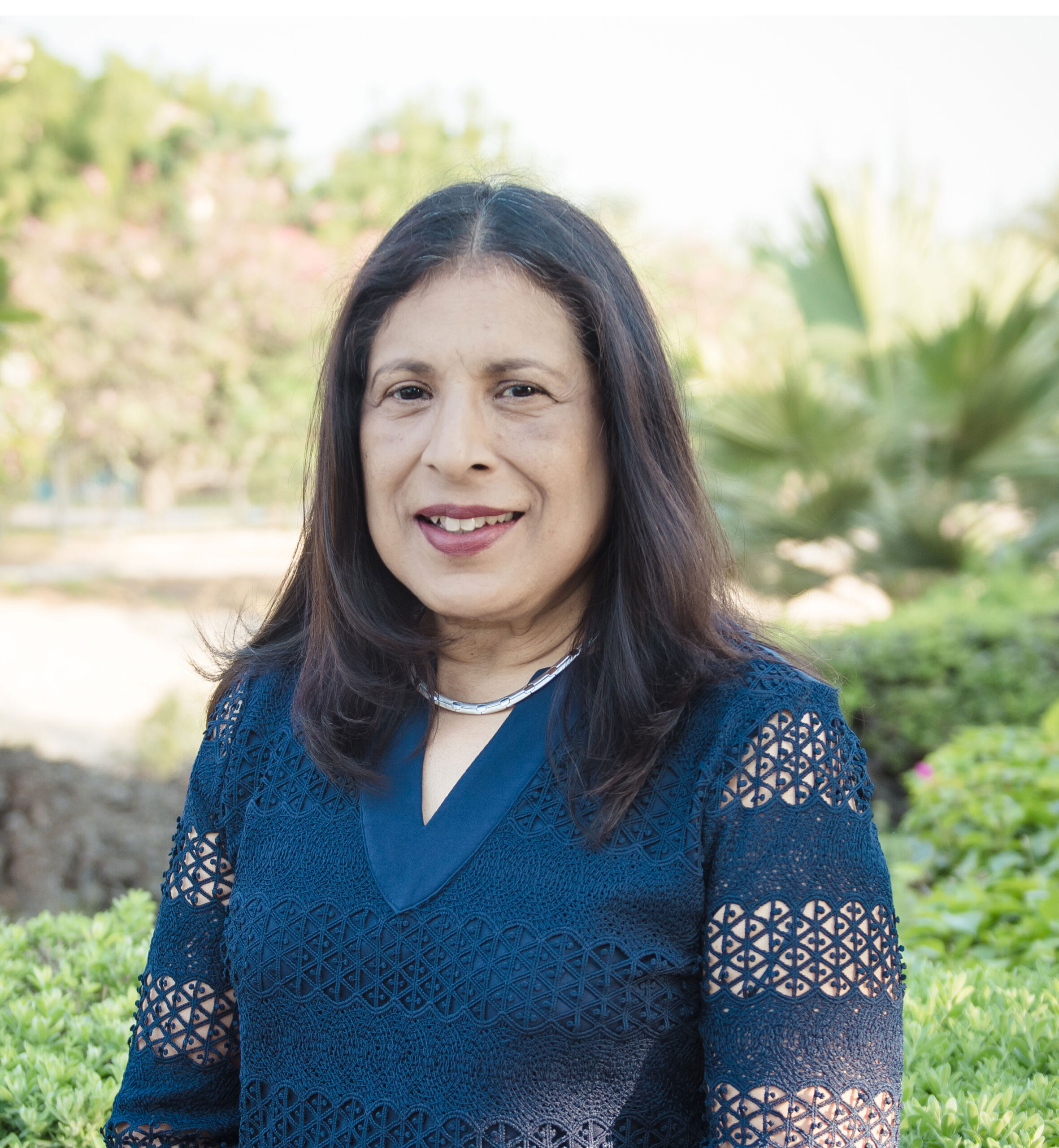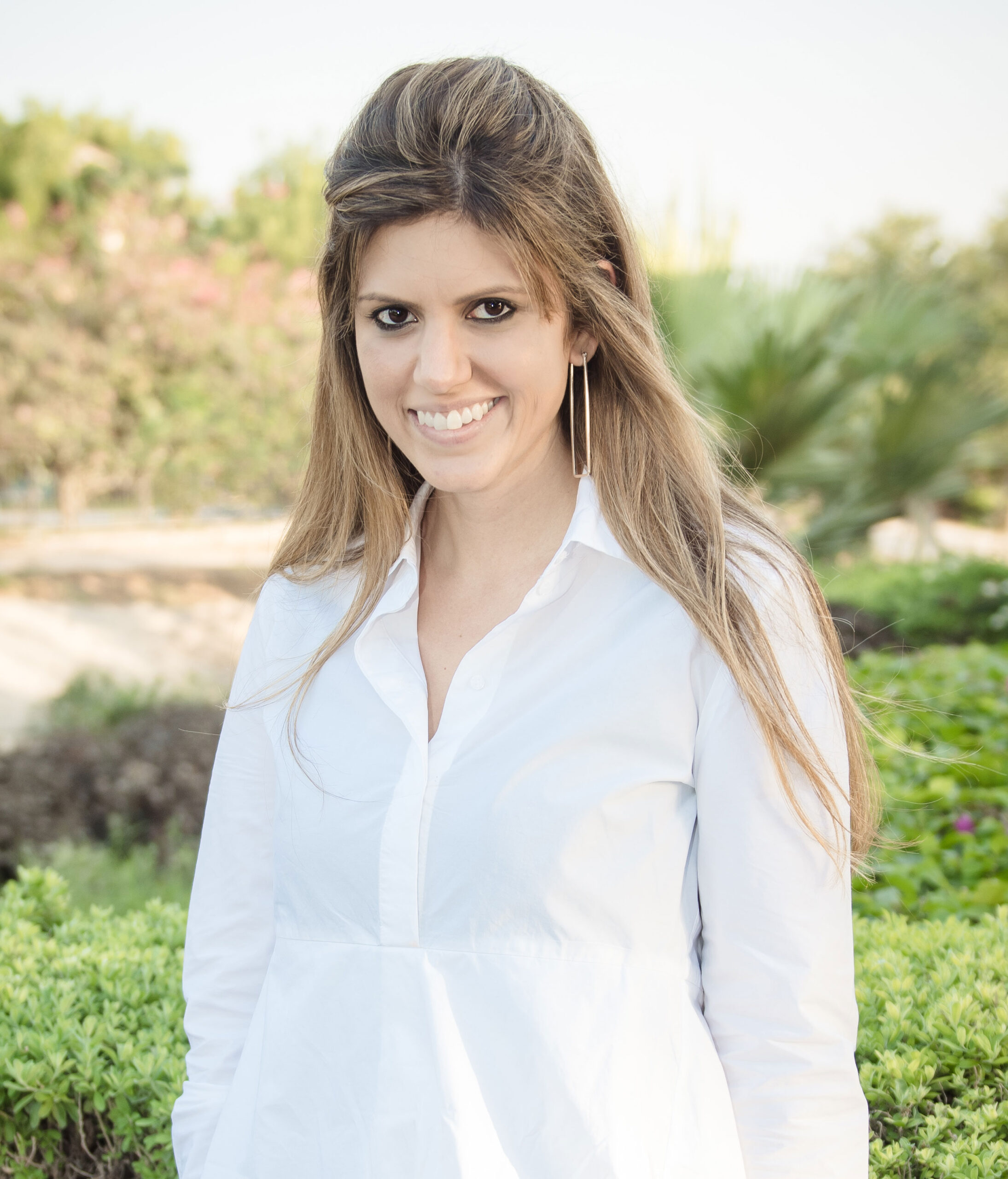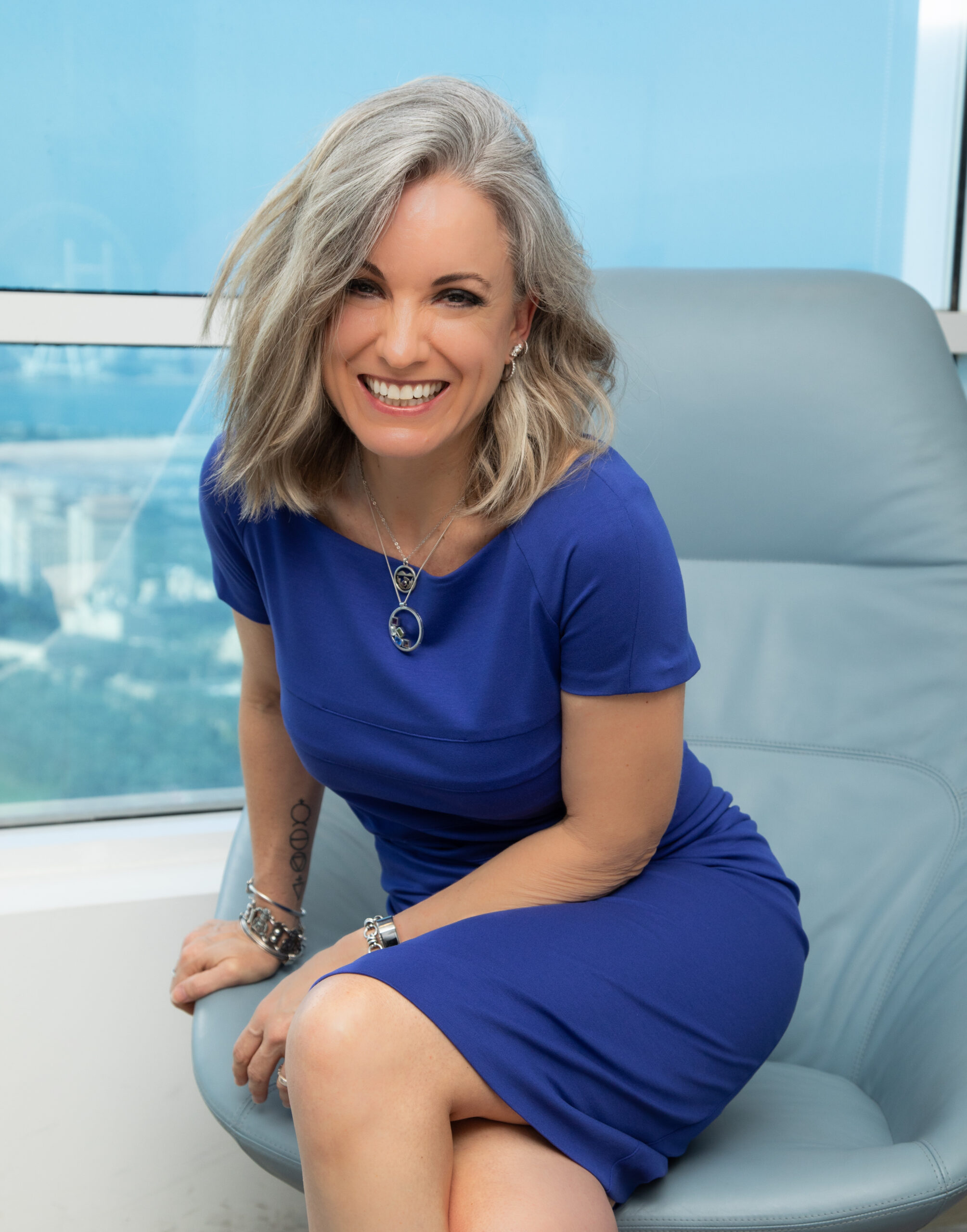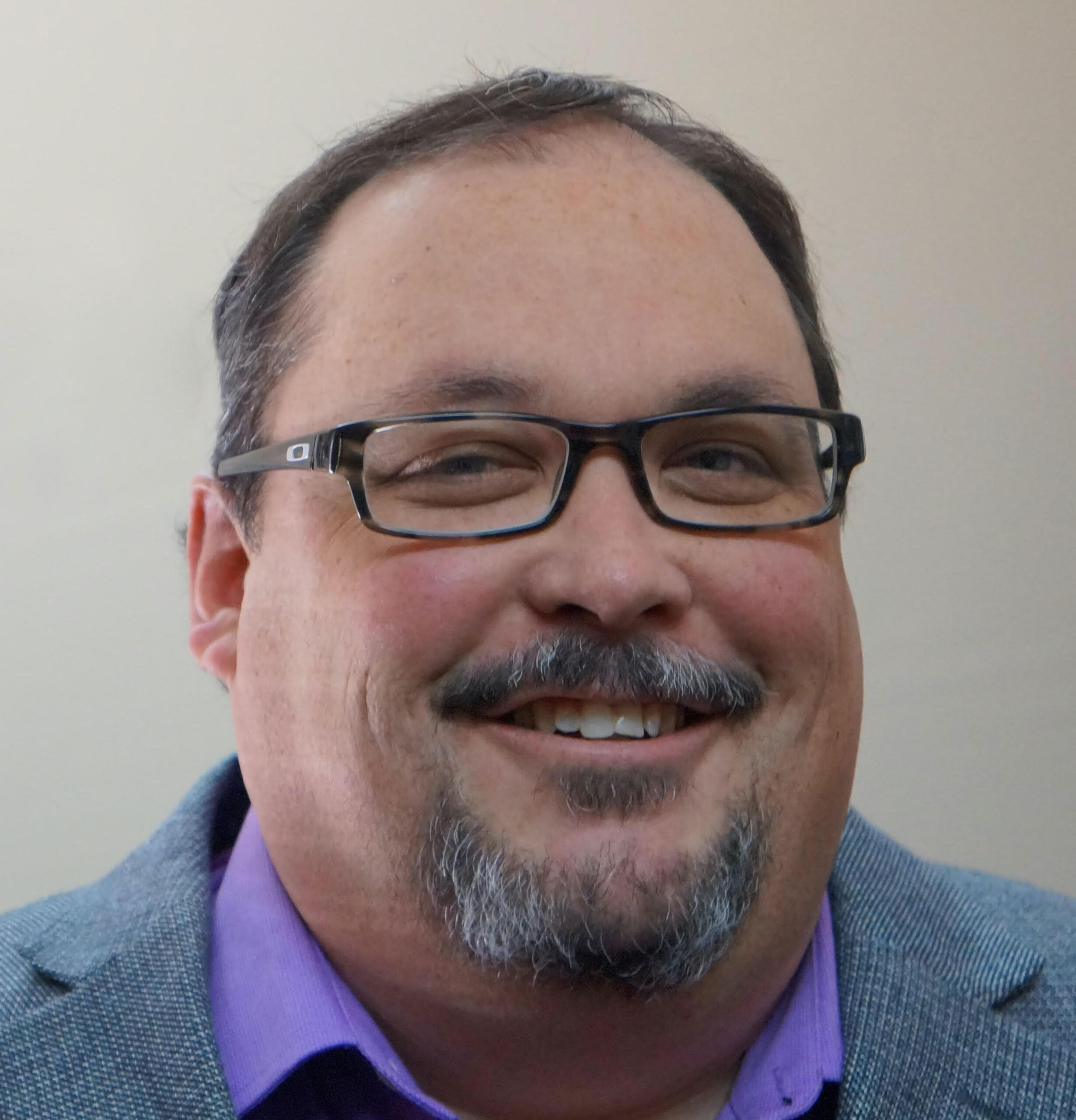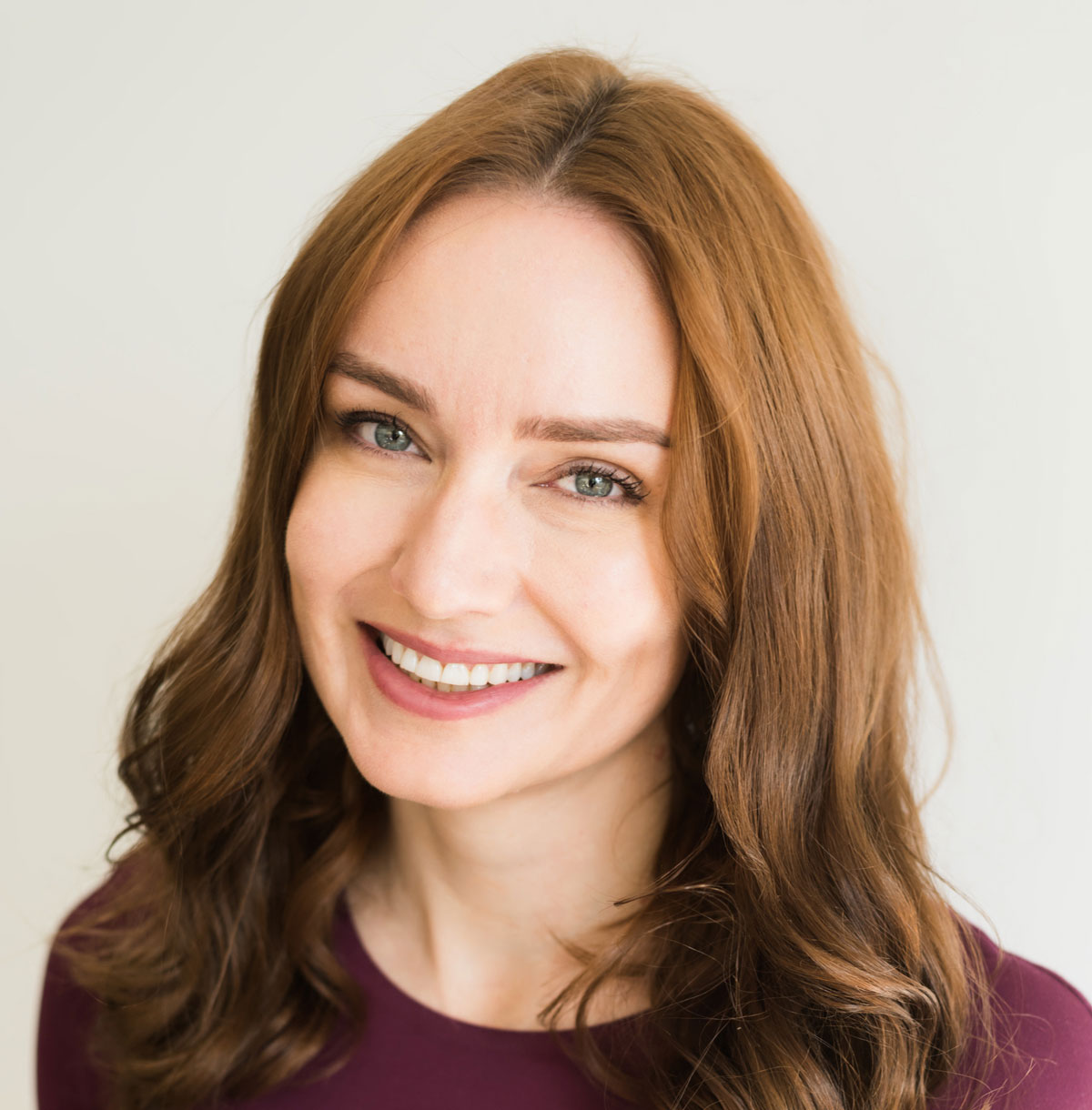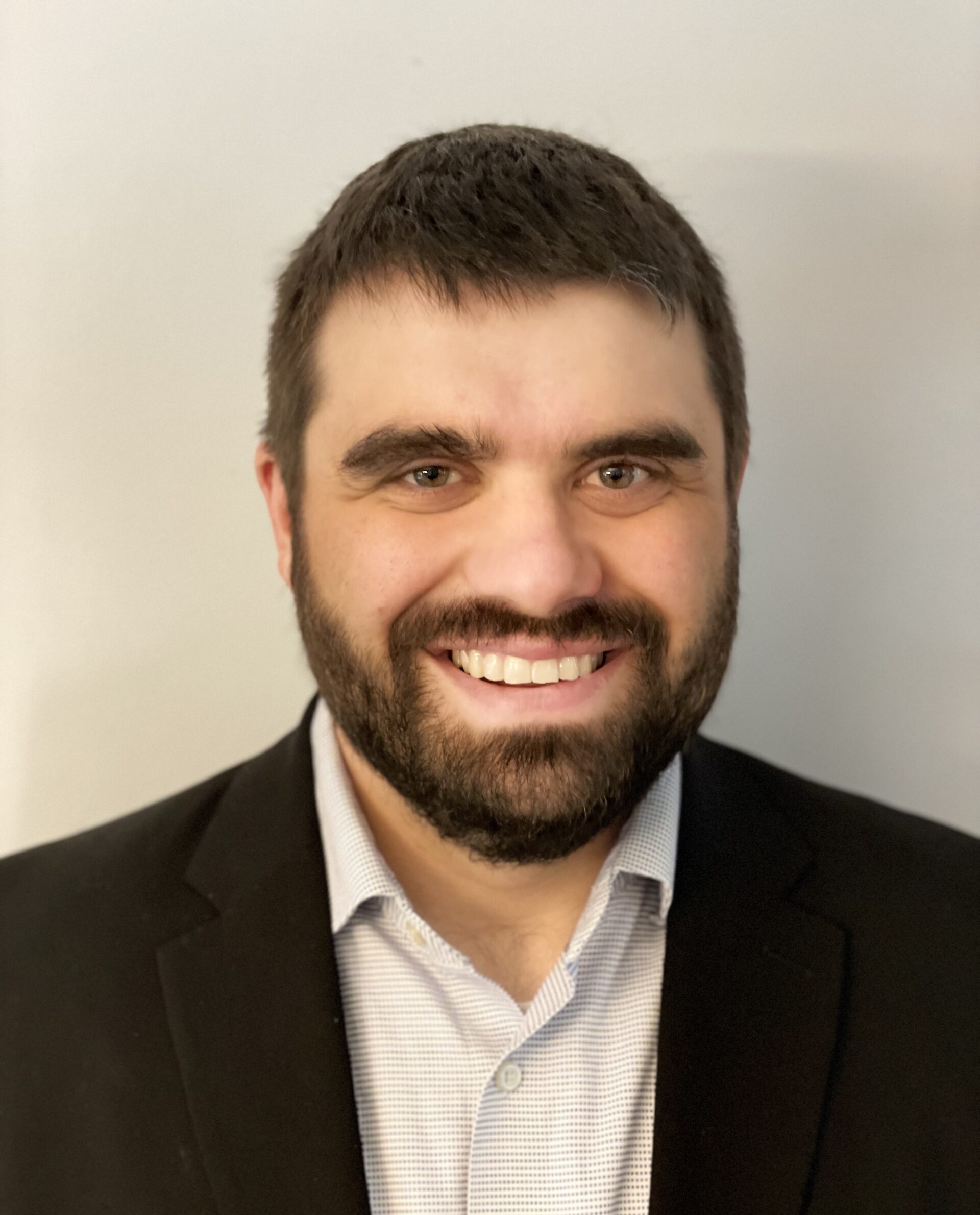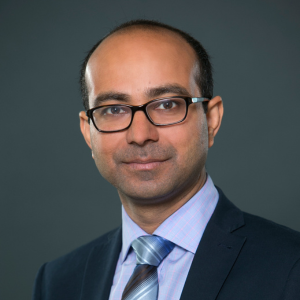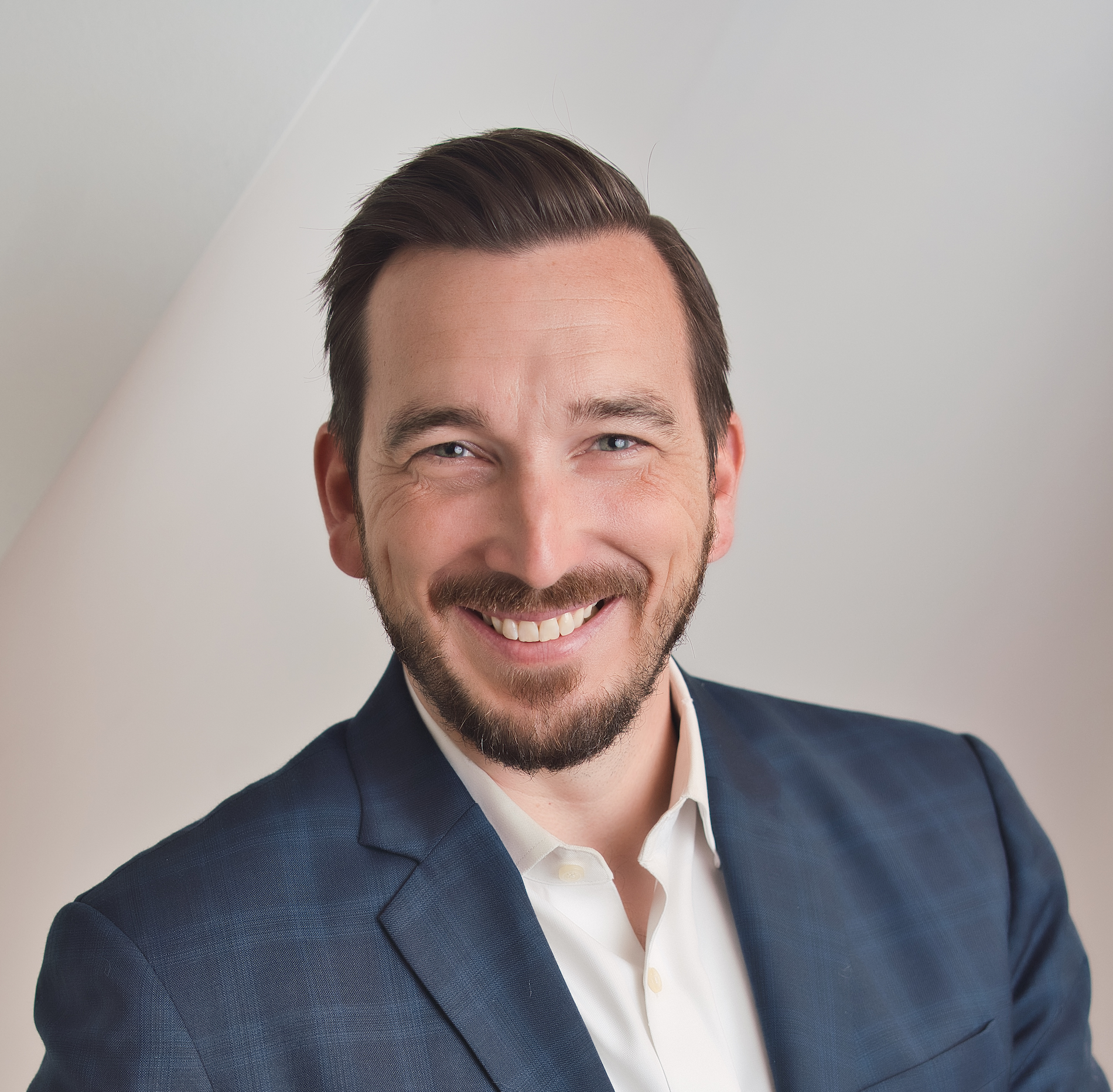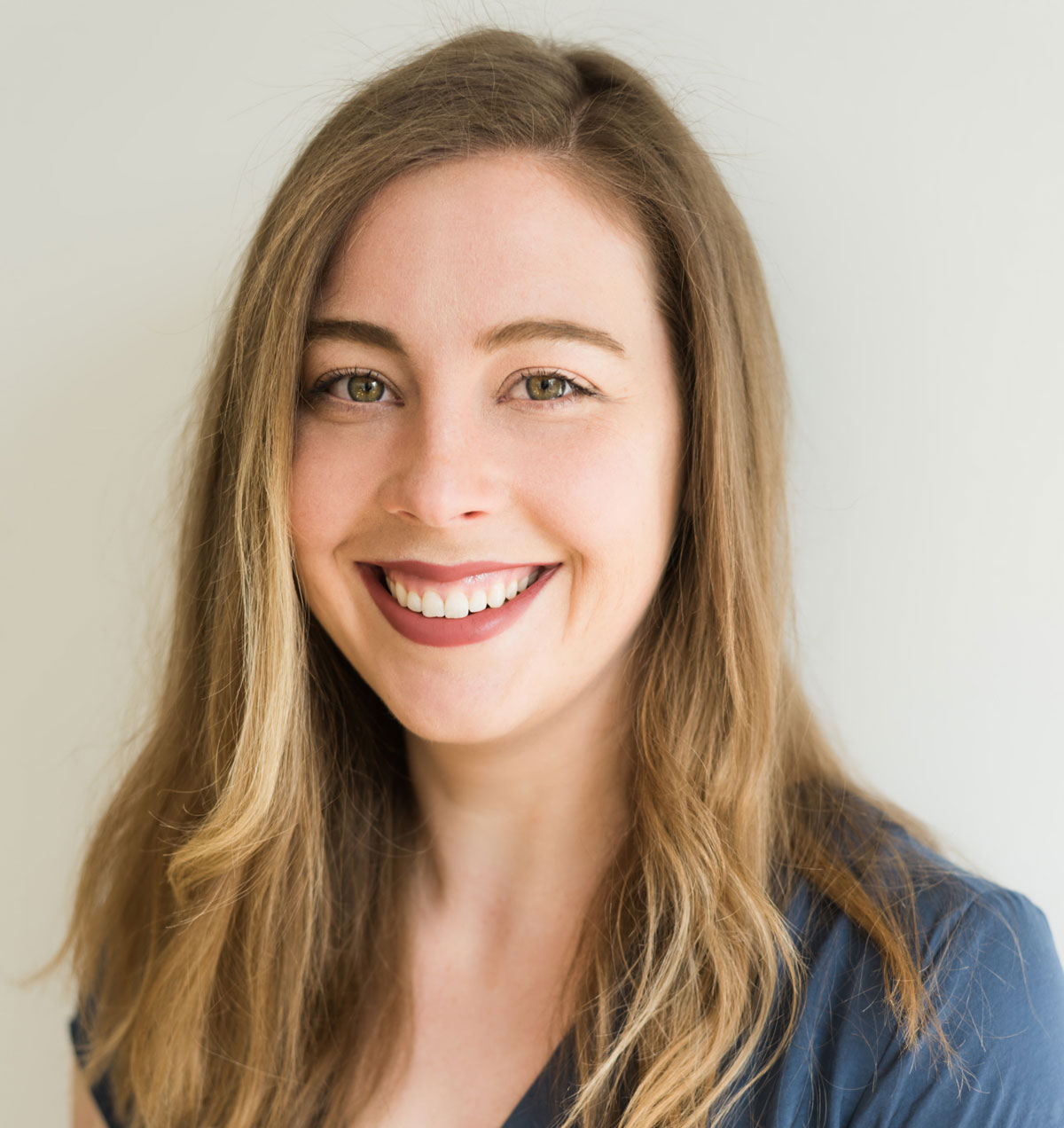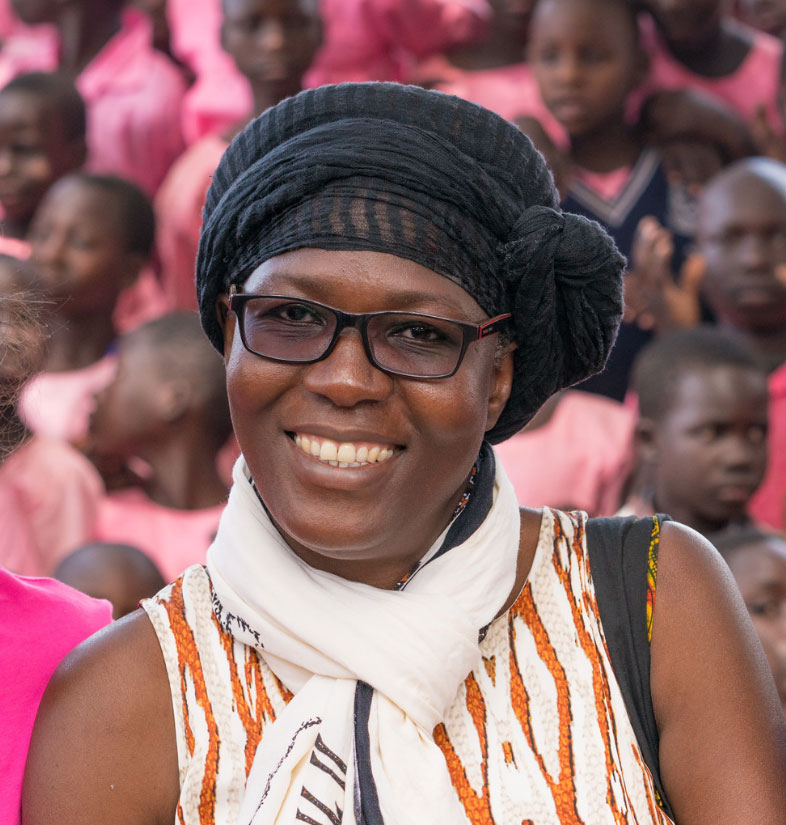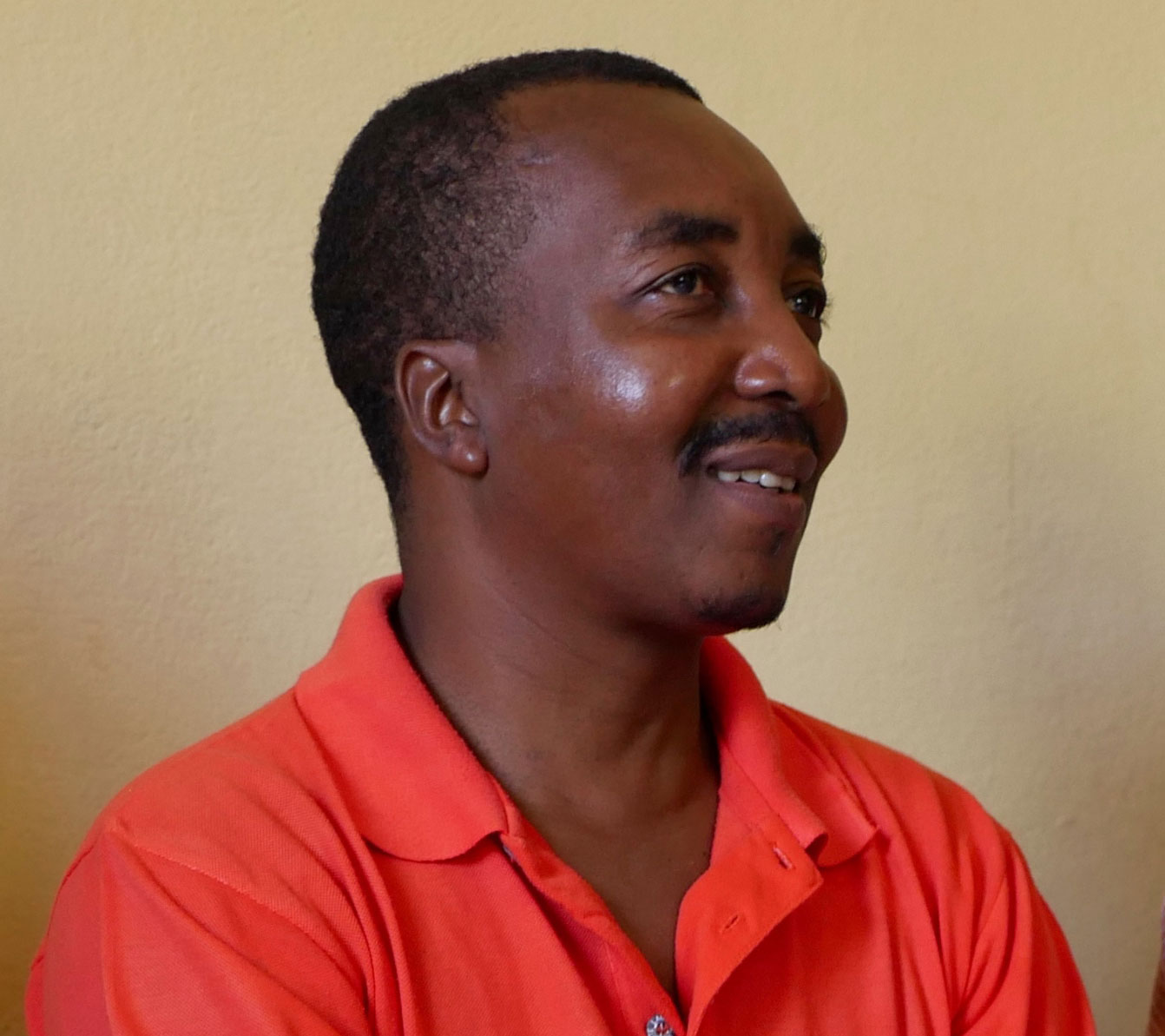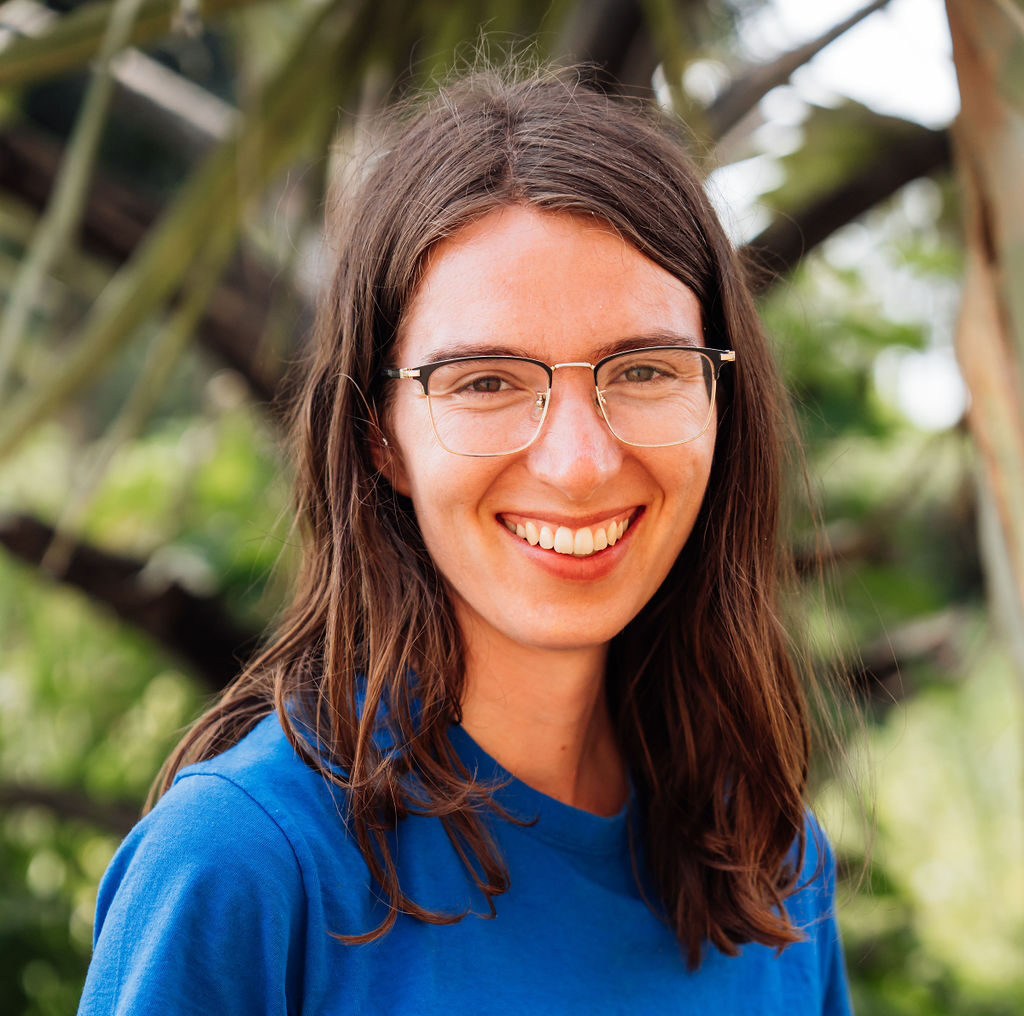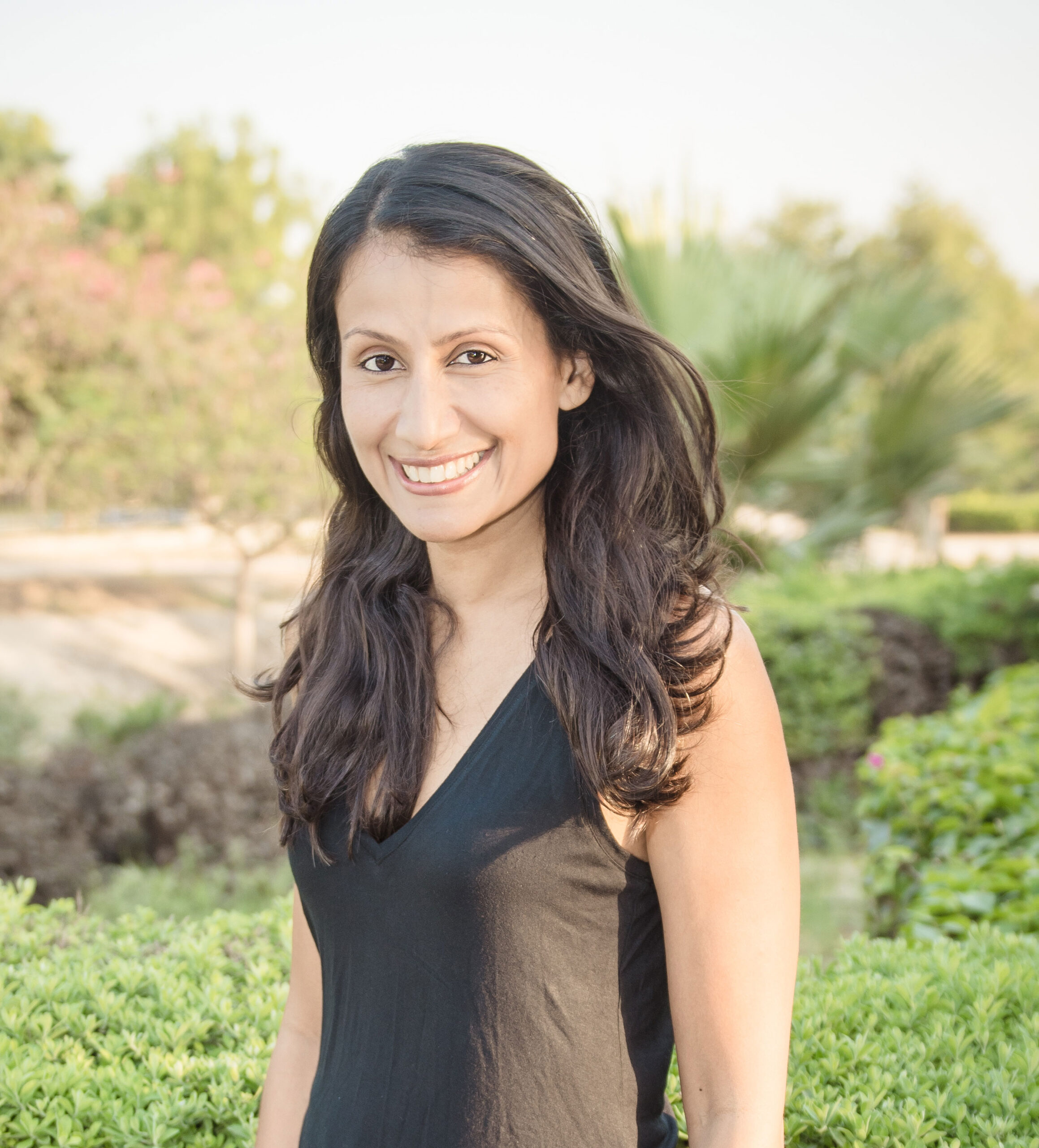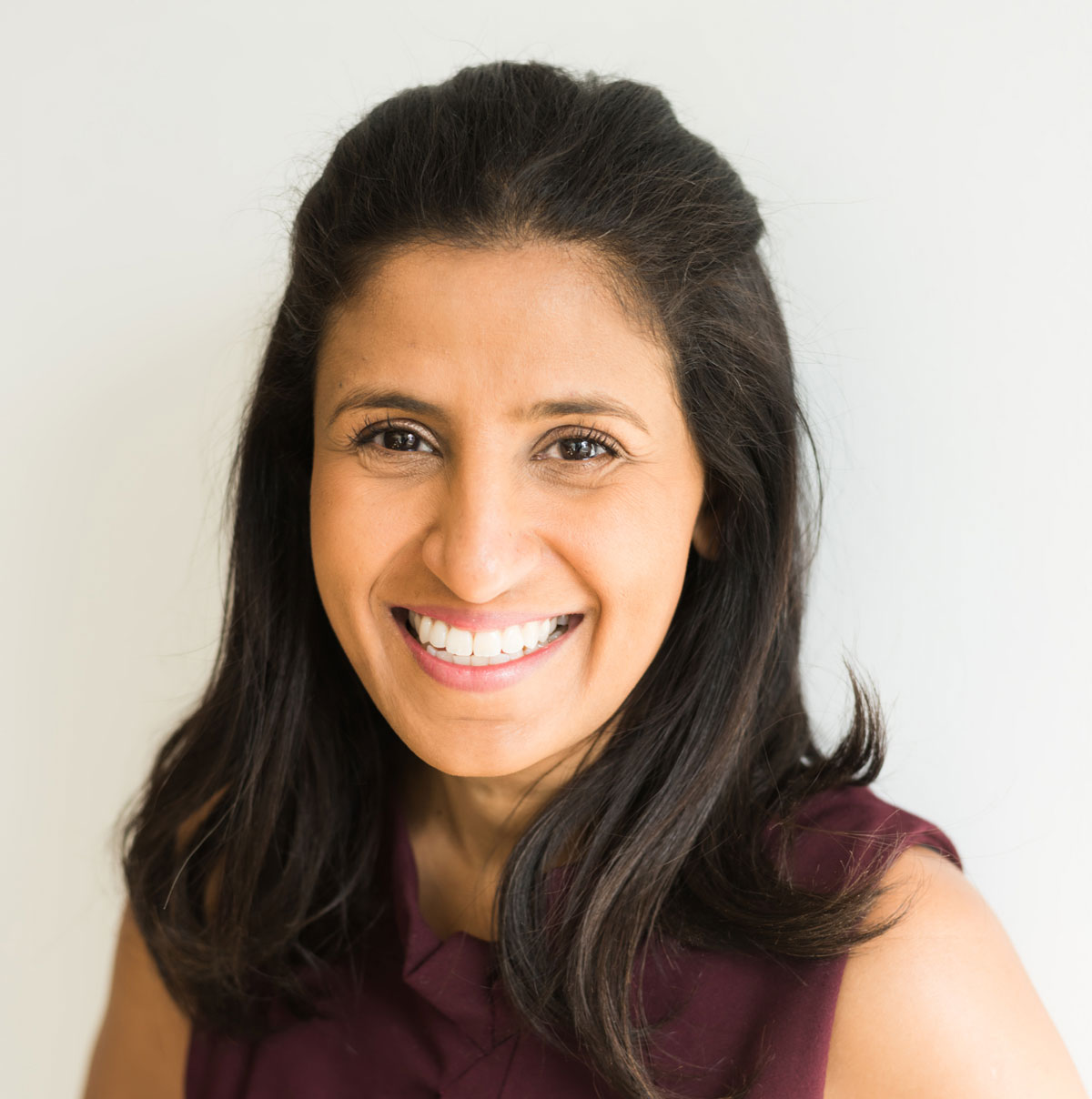Working with our field partner Prince of Peace for Orphans and Widows (POPOW) in Uganda, we have seen firsthand how women and girls can be affected by their menstrual cycles. They often lack access to menstrual hygiene products, toilets, water, and soap, which leaves them unaware of the proper way to care for their bodies. They also often lack education on what is happening to their bodies, and when many girls begin their menstrual cycles they instead believe they are dying or seriously hurt.
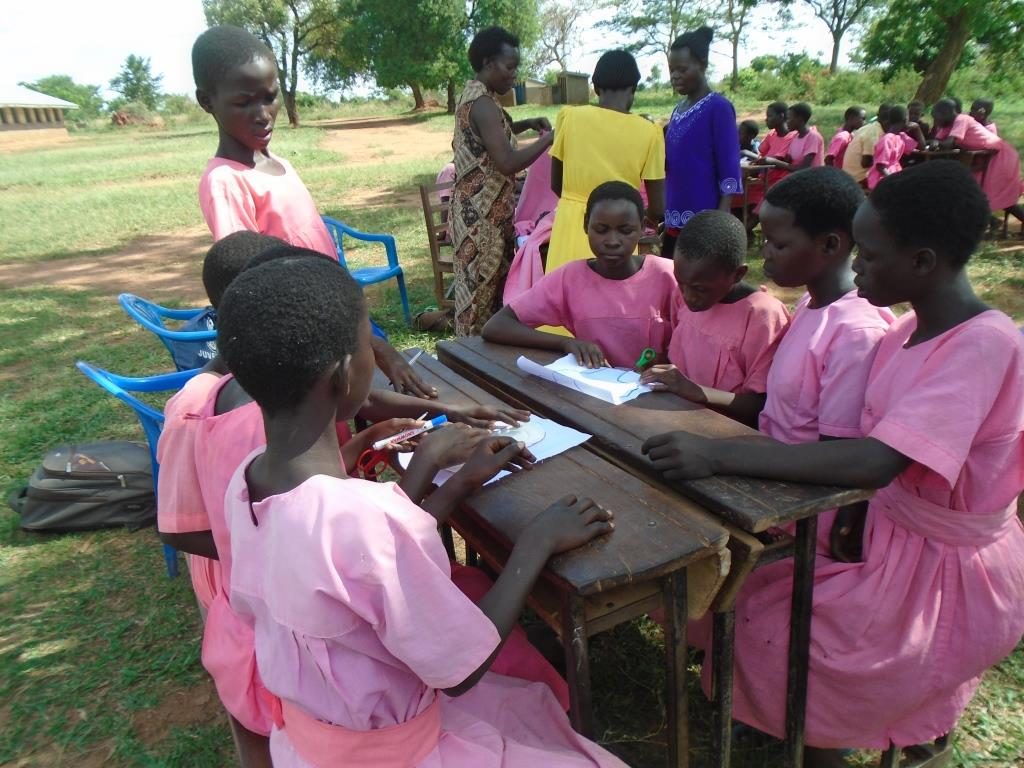
Worldwide, women and girls face challenges in managing their menstrual cycles. Menstrual Hygiene Day, celebrated yearly on May 28, envisions a world where “every woman and girl can manage her menstruation in a hygienic way … in privacy, safety, and with dignity.”
Menstrual Hygiene Day isn’t about educating the world about periods, but is about education on menstruation and access to everything that helps women and girls manage their menstruation hygienically, with confidence and without societal stigmas. It’s about educating both women and girls — and men and boys — about the truth behind menstruation and its effects in all areas of female life.
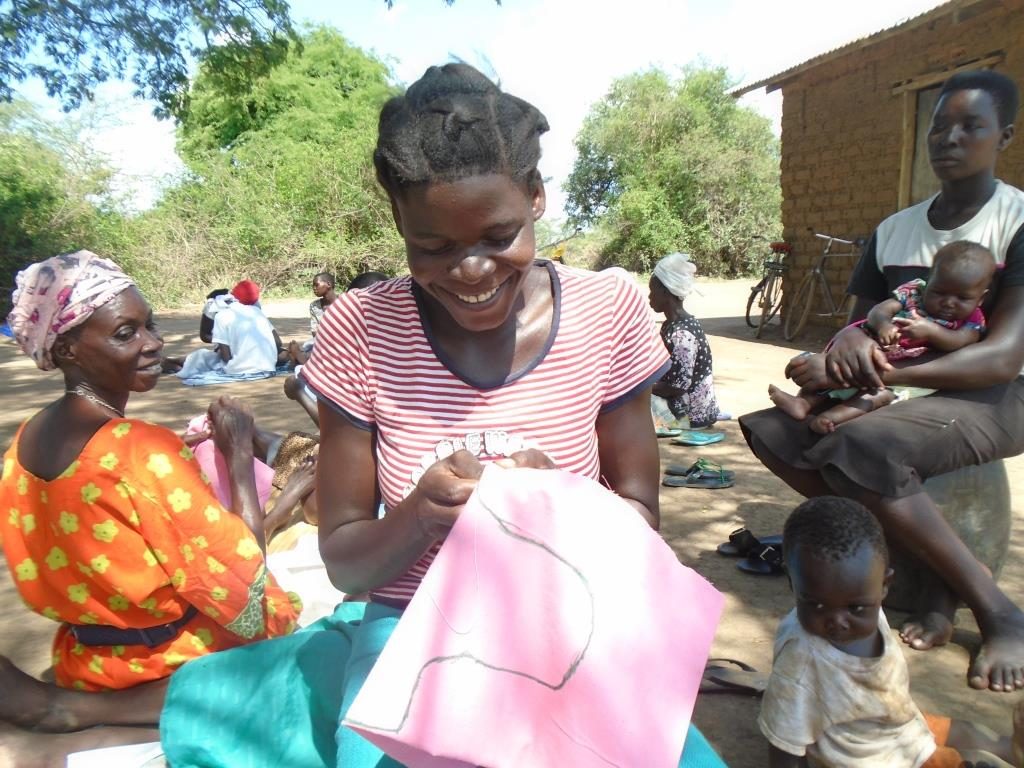
Surge’s menstrual hygiene training program
In Uganda, we have been delivering Menstrual Hygiene Trainings since 2015 to the communities where we work, educating more than 1,000 people. We have also taken it one step further by not only educating communities about menstrual cycles, but also by training women and girls on how to make reusable pads. This creates jobs for local women while also providing women and girls with the supplies they need to effectively manage their menstrual cycles.
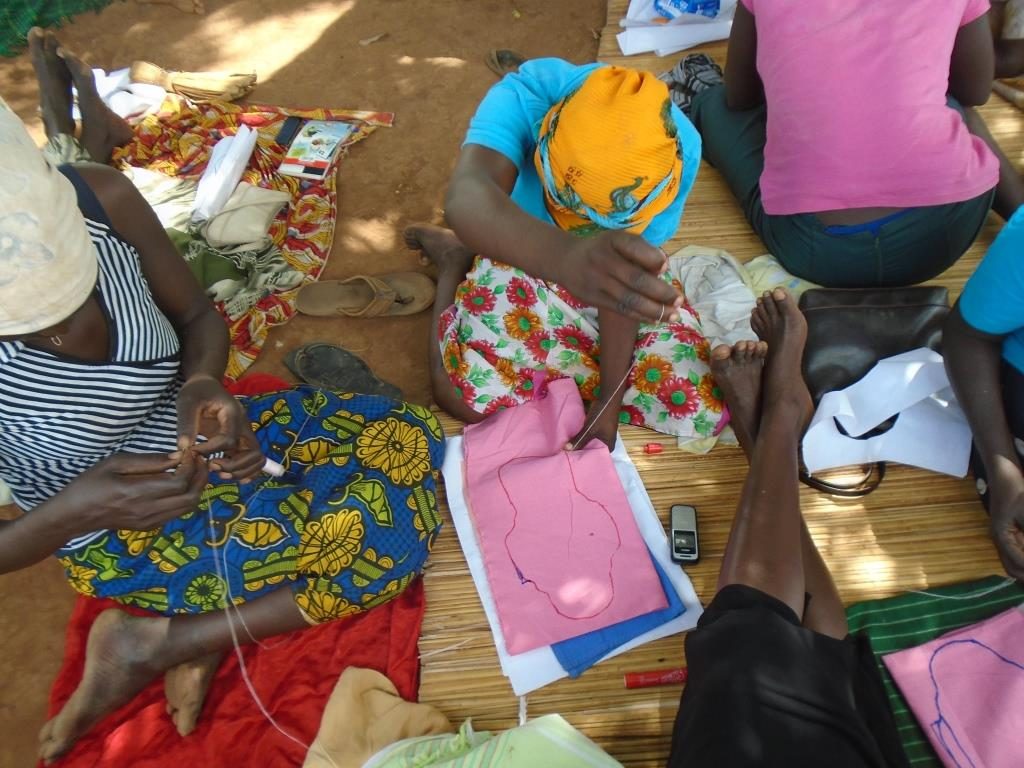
Ibeka Doreen, who attended one of our Menstrual Hygiene Trainings said that her “mother is a tailor; I will go back and teach her how to make the reusable pads so that she can begin to make and sell at our small trading centre and earn more income to care for our basic needs. Since the modern sanitary pads cost UGX 3000 (approximately $0.90), she can sell hers at UGX 1000 (approximately $0.50).”
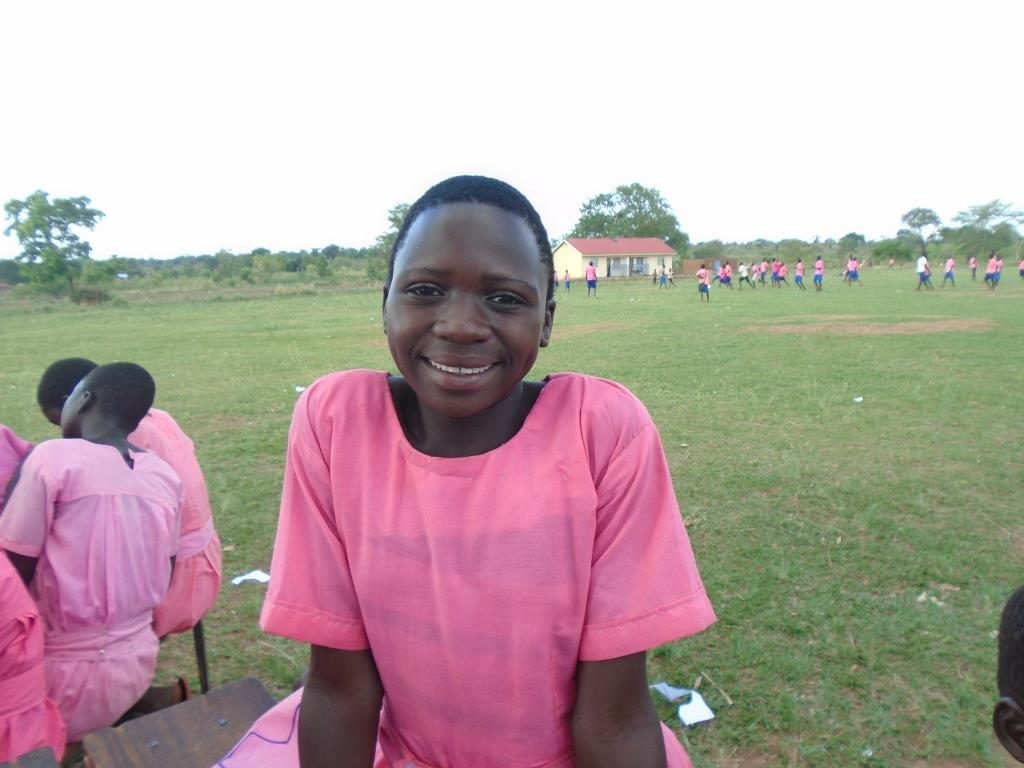
Atai Helen was also excited to join our trainings. “Now I can make my own pads! My mother will not worry again about buying pads for me every month,” she said.
If you’re interested in supporting our global Menstrual Hygiene work, please consider making a donation.
Written by Ashley Quinlan, Program Coordinator
